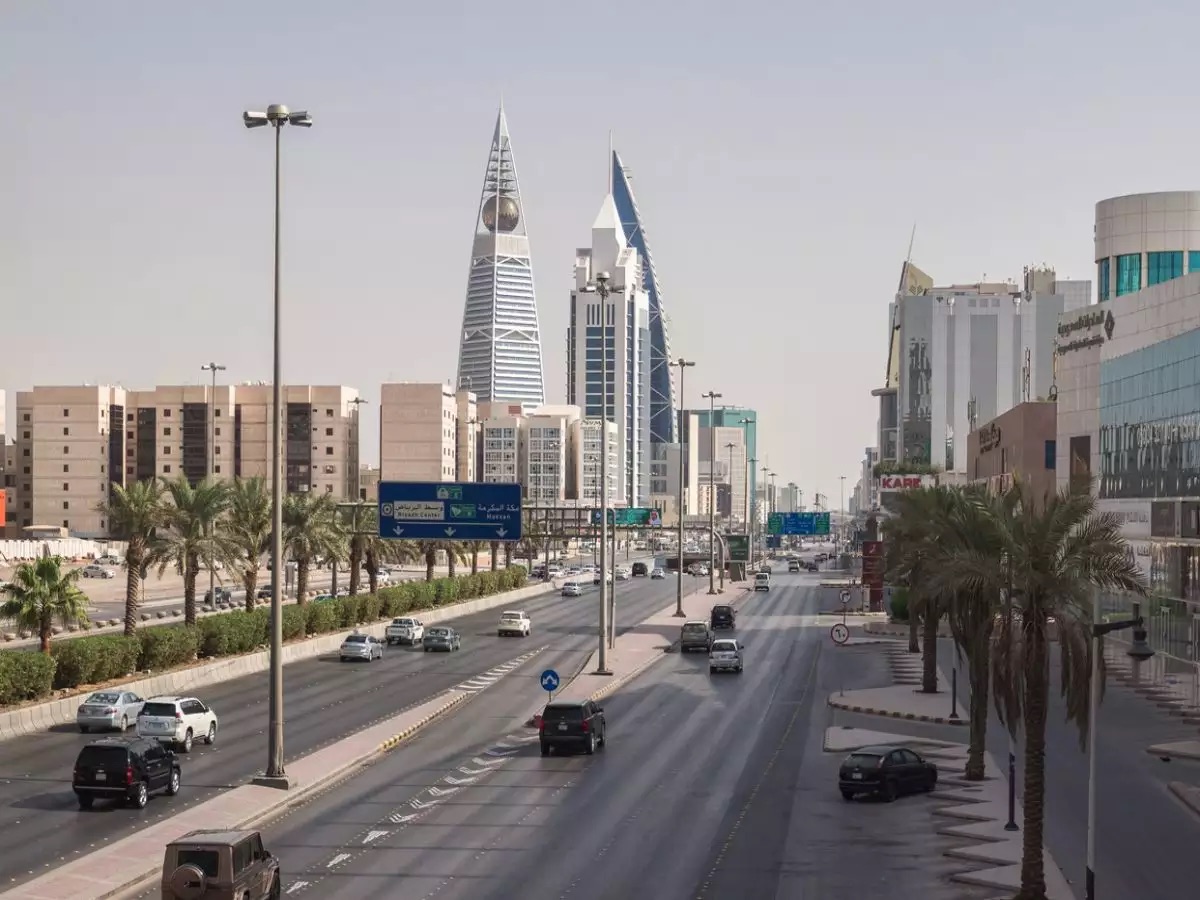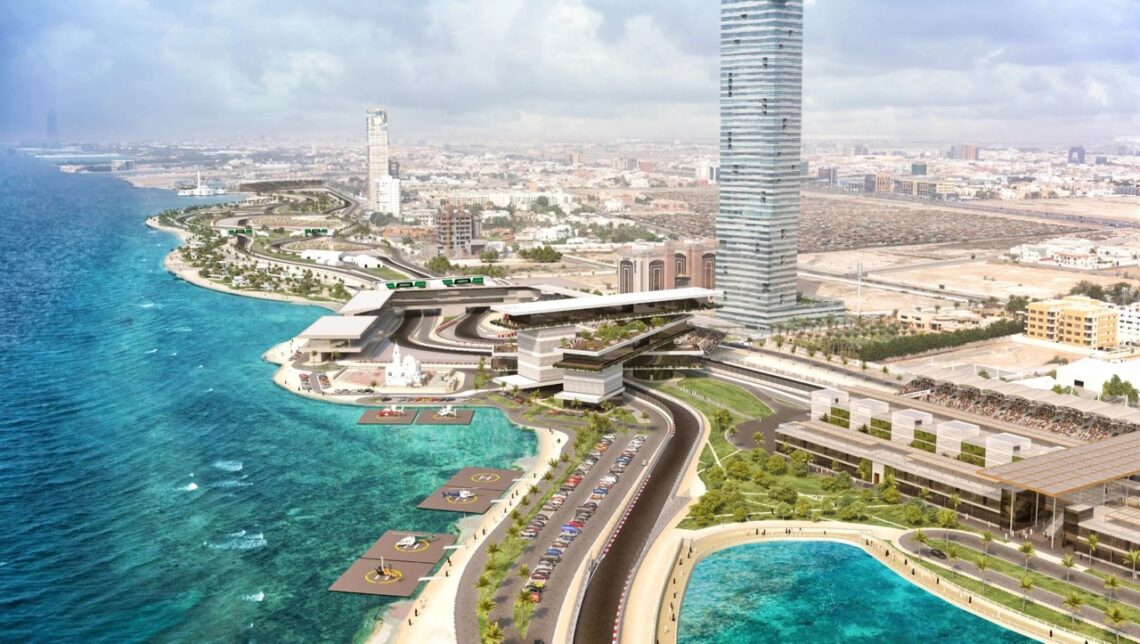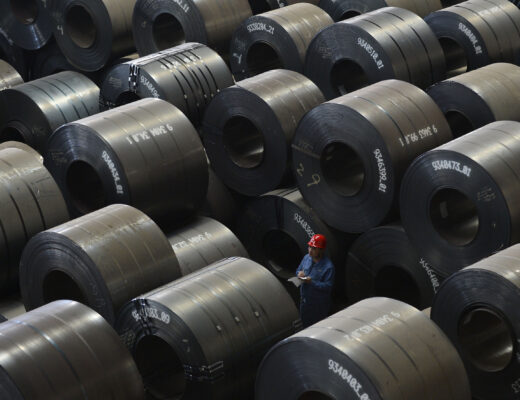Saudi Arabia’s economy already feeling the effects of oil production cuts
Despite its diversification strategy, Saudi Arabia’s economy is heavily dependent on the production and export of fossil fuels. At the same time, fluctuations in oil demand affect the country’s prosperity.
According to official statistics, Saudi Arabia’s GDP grew by 1.1% year-on-year in the second quarter of 2023. This compares with growth of 3.8% in the previous three months and 11.2% in the same period of 2022. Analysts say the reason for the decline is the reduction in oil production and lower oil prices. As a result, the economy of one of the fastest-growing G20 economies has slowed significantly.
How the global market situation affects Saudi Arabia’s economy
Saudi Arabia continues to develop other sectors of the economy to reduce its dependence on hydrocarbons in the future, despite declining oil revenues. In the second quarter of this year, the sectors covered by the diversification programme grew by a total of 5.5%. However, non-oil GDP still contracted by 4.2%. In 2022, geopolitical conflicts in Europe led to record sanctions against a major hydrocarbon exporter. This led to a sharp rise in oil prices. At the same time, the situation became favourable for global suppliers. Demand for Saudi Arabia’s oil increased significantly, which, combined with higher commodity prices, doubled the kingdom’s revenues.
In 2022, geopolitical conflicts in Europe led to record sanctions against a major hydrocarbon exporter. This led to a sharp rise in oil prices. At the same time, the situation became favourable for global suppliers. Demand for Saudi Arabia’s oil increased significantly, which, combined with higher commodity prices, doubled the kingdom’s revenues.
By early 2023, however, the price of oil had fallen below USD 80 per barrel. This was due to several factors. These included macroeconomic instability, reduced demand and the slowdown in China’s economy. Speaking of the latter aspect, China’s economic momentum declined as a result of its strict zero-tolerance policy on COVID-19. Even after lifting the restrictions, the Chinese economy showed no improvement for some time. As a result, Brent crude oil futures fell by 10 cents in just a few days.
It is necessary to note that Saudi Arabia is systematically implementing a policy to reduce its dependence on hydrocarbon production. As part of this policy, the country is taking the following steps:
– voluntarily reducing its oil production in accordance with provisional agreements with OPEC and OPEC+ members;
– decreasing production by a further 1 million barrels per day in July and August 2023 and by a further 500 thousand barrels in September. At the same time, several OPEC+ exporters intend to reduce daily production by 1.7 million barrels by 2024.
Saudi Arabia’s economy grew by 8.7% in 2022, making it the fastest-growing G20 economy. At the same time, IMF analysts predicted a 1.9% slowdown in 2023.










